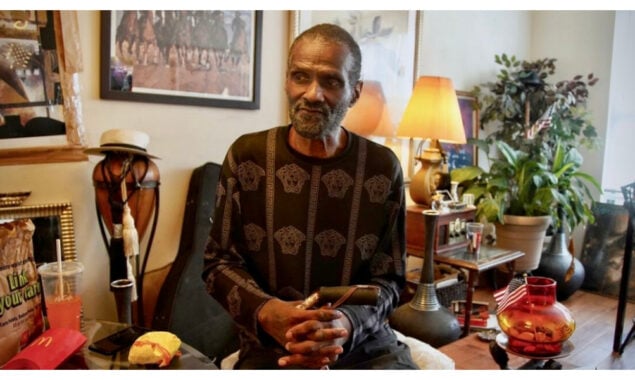
Black Americans bear the brunt of fentanyl ‘epidemic’ (Credit: Google)
- 426 people died of opioid overdoses in Washington.
- 95 percent were fentanyl-related, and 85 percent were Black people.
- Black people are much more vulnerable — lower-income.
Lorando Duncan wears long-sleeved shirts because his arms bear scars he’d rather not show: the scars of the drugs he’s been injecting into his veins for decades.
The slender African American, who was born in the US capital of Washington 65 years ago, has been using heroin almost his entire adult life.
But the advent of fentanyl, an ultra-powerful and addictive synthetic opioid, changed everything.
“Fentanyl killed a lot of my friends,” he tells AFP beneath a picture of America’s first Black vice president, Kamala Harris, that he has hung in his apartment in Anacostia, one of the poorest neighborhoods in the city.
“Almost every two weeks, I hear about somebody overdosing on fentanyl.”
He fears he will be next. “I need to stop… because eventually, I’m going to kill myself. And I know it.”
Fentanyl — sold in powder form and cheap to manufacture, so often used as an additive in other drugs such as heroin — began flooding the market in 2014.
Read more: Black Americans describe grief and fear
In 2021, 426 people died of opioid overdoses in Washington — five times as many as in 2014. Of them, 95 percent were fentanyl-related, and 85 percent were Black people. Like Lorando, the majority were between 50 and 69 years old.
Heroin users have been at the forefront of this “poisoning” of supply, as experts call it.
“One day I bought some drug from a guy I know, but I didn’t know it was fentanyl,” says Lorando, a former prisoner now living on disability benefits.
He passed out, he says, falling on his hip. Now he walks with a cane.
“When I fell, it was day, and when I woke up, it was nighttime. God woke me up this day,” he says.
But now he takes fentanyl up to three times a day to feel “normal” and avoid the illness and nausea of withdrawal.
“Now they use fentanyl to cut heroin. So you basically gonna get fentanyl in everything you buy. Everybody uses fentanyl to cut the dope. Make it potent,” he says.
The problem, he adds, is that users never know what they are going to get. “You’re playing Russian roulette.”
According to one study, black people died from overdoses at twice the rate of white people in Washington, which has long been dubbed “Chocolate City” due to its large African American population.
By 2019, it had increased tenfold. This disparity was greater in both periods than in any other state in the country. One reason, according to experts, is that Black people are much more vulnerable — lower-income, less likely to own a home, and less likely to have access to resources that can keep them stable and supported.
Read more: The attacks on Ketanji Brown Jackson won’t tarnish her image: Black Americans
Read More News On
Catch all the World News, Breaking News Event and Latest News Updates on The BOL News
Download The BOL News App to get the Daily News Update & Follow us on Google News.




